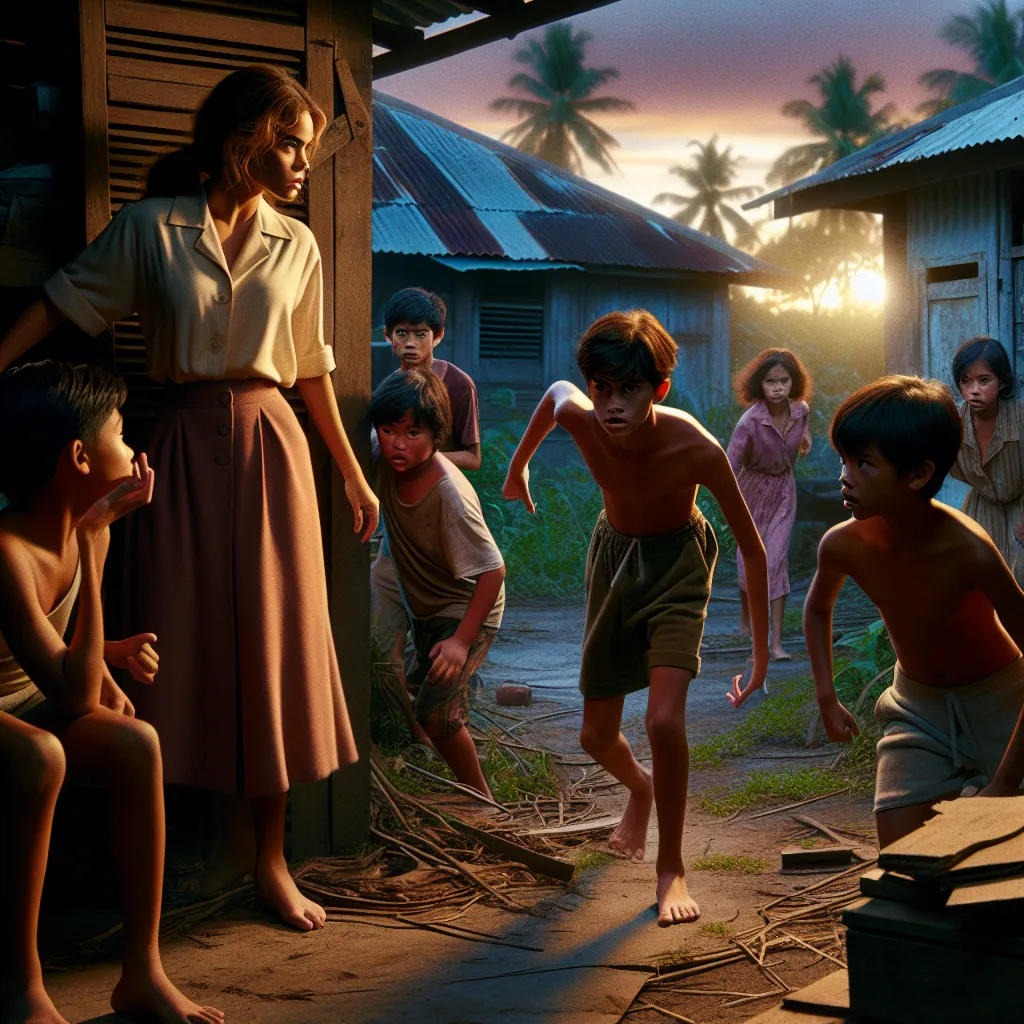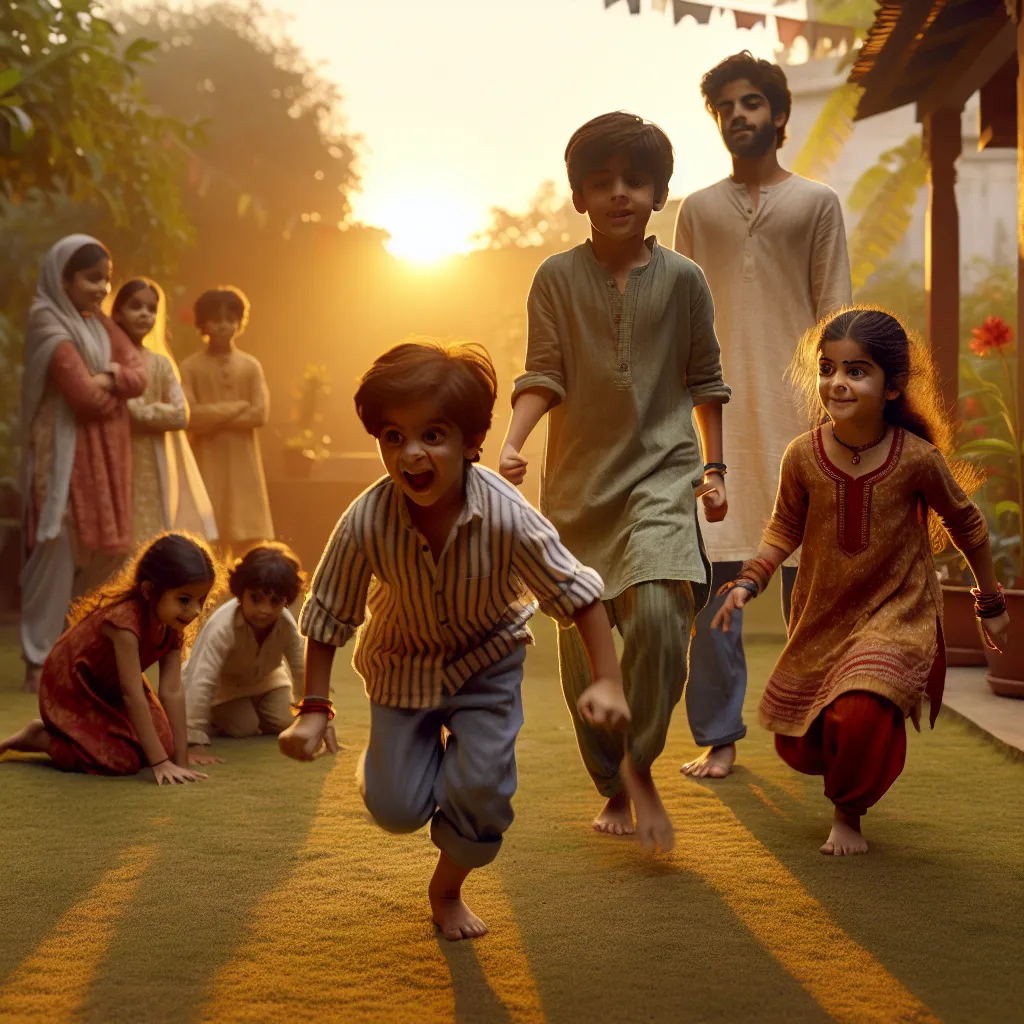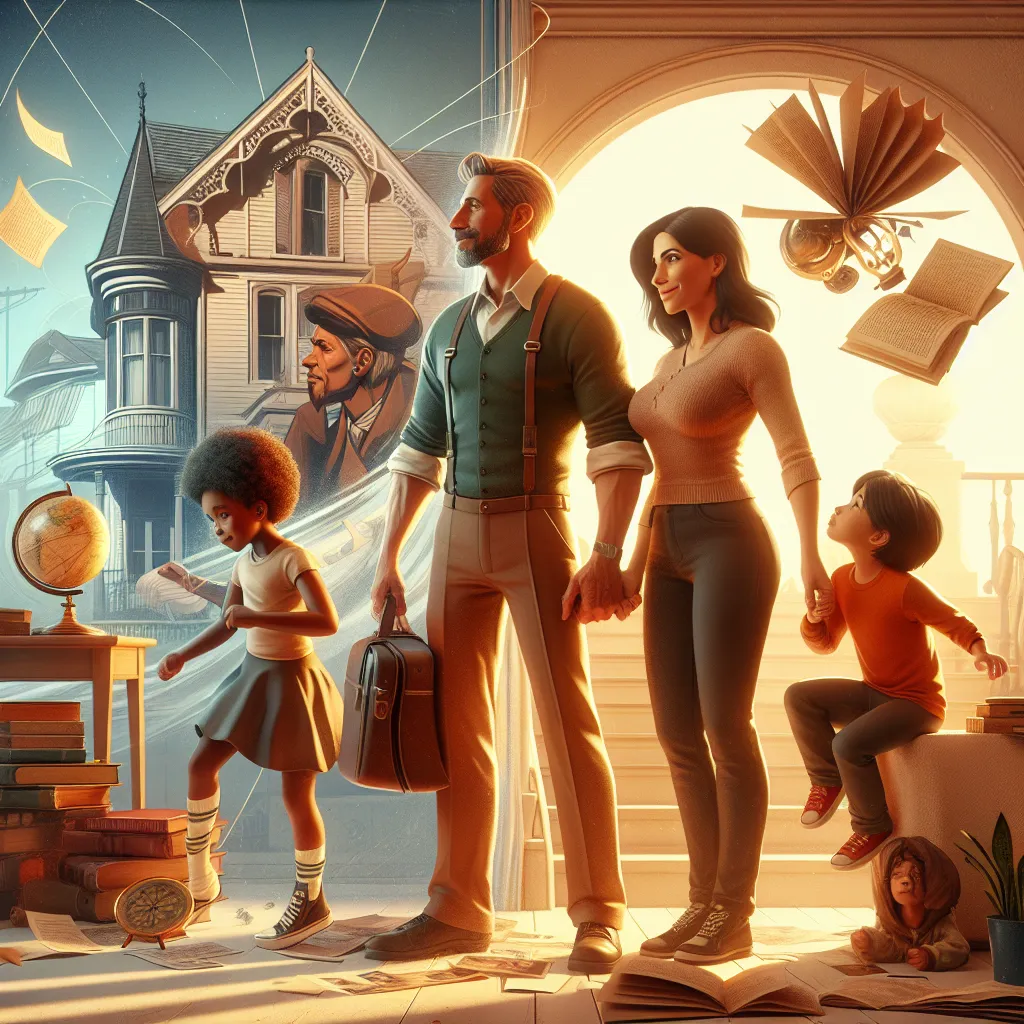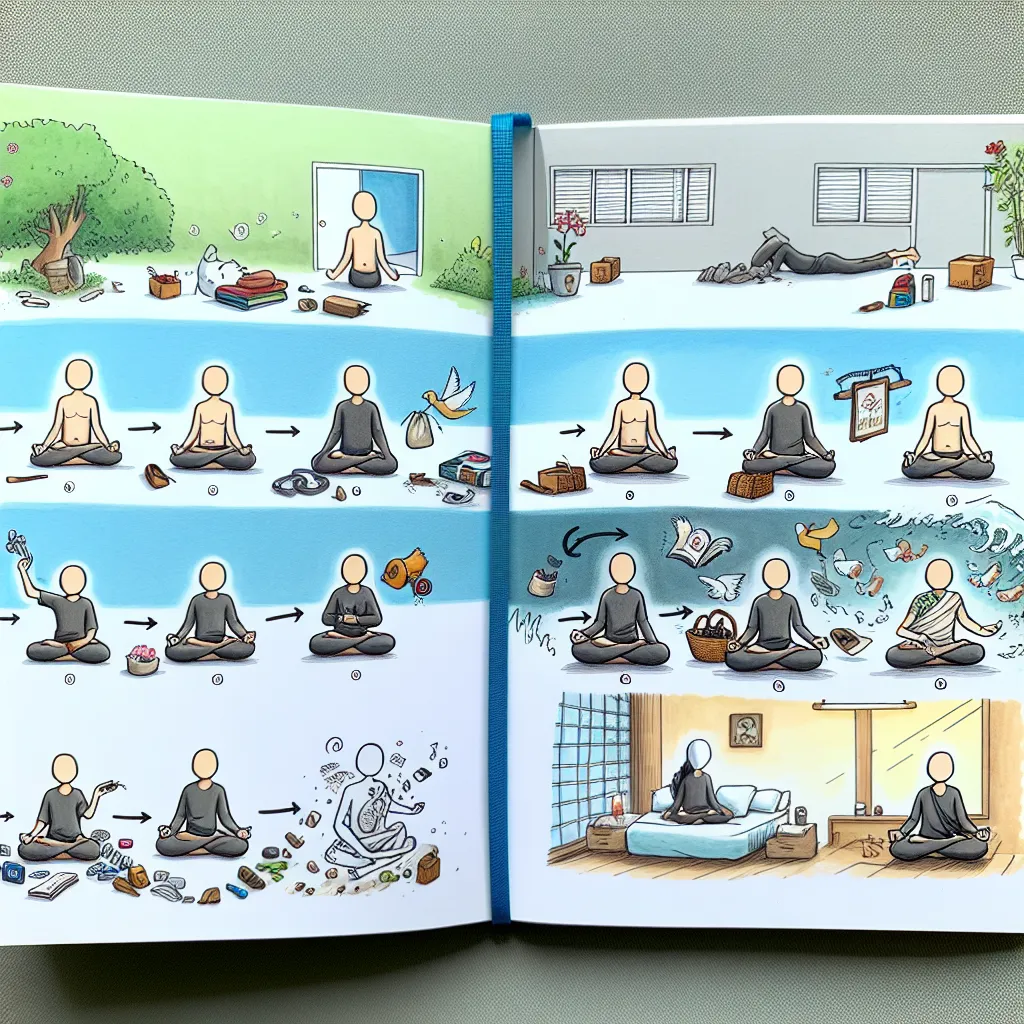Ask AI on The Internet
Question: “Games at Twilight” by Anita Desai Read the story (separate doc) and answer the questions below – put the answers in the numbered spaces. Please also annotate the story and attach the annotation. Your annotations should primarily address the characters of Ravi, Mira, and Raghu and how you learn about each character, motivations, interactions, etc. What contributes to your understanding of them? In these blank spaces, write the letter of the one best answer. 1. 6. 11. 16. 2. 7. 12. 17. 3. 8. 13. 18. 4. 9. 14. 19. 5. 10. 15. 20 1. Why are the children too eager to go outdoors and play at the start of “Games at Twilight”? a. They are beginning to bicker and feel they need their own space. b. Their faces are turning red and they are having trouble breathing. c. They have been in the house all day and they are feeling restless. d. It will be a refreshing change from the heat of the house. 2. What does the narrator mean by “worthier prey” in the following passage from “Games at Twilight”? “You’re dead,” he said with satisfaction, licking the beads of perspiration off his upper lip, and then stalked off in search of worthier prey, whistling spiritedly so that the hiders should hear and tremble. a. children he dislikes b. children who will not be easily caught c. children who have chosen poor hiding places d. children he will be able to find quickly 3. In the following passage from “Games at Twilight,” what do Mira’s actions reveal about her personality? The motherly Mira intervened. She pulled the boys roughly apart. . . “Make a circle, make a circle!” she shouted, firmly pulling and pushing till a kind of vague circle was formed. a. She is a natural leader. c. She is rough and uncaring. b. She is reluctant to take charge. d. She is gentle, but stern. 4. In “Games at Twilight,” why does Ravi charge at the other children, crying, “I won, I won, I won!”? a. He is pleased with the children’s reaction to his victory. b. He is upset at being forgotten and wants their attention. c. He is angry that his brother Raghu is claiming to have known where Ravi had hidden. d. He is furious that he was chosen to be “It” in the next game. 5. What initially motivates Ravi to enter the shed in “Games at Twilight”? a. his certainty that he will win the game if he hides in there b. knowing that he can easily slip back out and find another hiding place c. his amusement that he would consider something so bold d. his fear that his brother Raghu will find him on the flower pot 6. When evaluating a character’s decision, it is important to consider a. how things might have been different if the character had made a different decision. b. the character’s problem, motivation, and the final outcome of the decision. c. the character’s other options and the pros and cons of each option. d. how the decision affected other characters in the story. 7. In “Games at Twilight,” why would the children’s games “become legitimate” in the evening? a. Their parents would sit on the lawn and watch them. b. They would play games that their parents chose for them. c. The gardener would moisten the ground, making it easier to run. d. The weather would cool down, making it safe to play outdoors. 8. Which of the following statements accurately evaluates Ravi’s decision to remain in the shed? a. Ravi made a poor decision, given the other options he had and the disappointing outcome. b. Ravi’s decision was the best he could have made considering his age and ability. c. Ravi made a pretty good decision, considering the other options available to him. d. Ravi made a poor decision, given the affect of his behavior on the other children. 9. Which of the following statements reflects Ravi’s feeling toward Raghu? a. He admires Raghu’s gentle and compassionate nature. b. He is intimidated by Raghu but also admires him. c. He thinks Raghu is a bully and has no respect for him. d. He thinks Raghu is weak and cowardly. 10. What is it about the shed that makes Ravi apprehensive? a. It is filled with broken furniture, spiders, and rats. b. It is old and rickety, and he is afraid it might fall apart. c. He is afraid that once he gets inside he will not be able to get back out. d. It is not a very good hiding place; Raghu could easily find him. 11. How do the other children feel about Ravi after he charges at them? a. They feel bad that they have forgotten about him, and they want to make it up to him. b. They are angry at him for interfering with their game. c. They don’t remember who he is at first and are not sure what he’s carrying on about. d. They are happy to see him because they were worried about him and wondered where he was. 12. Why is Ravi so determined to win the game of hide-and-seek in “Games at Twilight” ? a. Raghu always wins, and Ravi wants to show that he can win, too. b. He wants to prove something to the other children because they always tease him about his size. c. He believes that defeating the older, bigger children would be thrilling beyond imagination. d. He feels that the other children do not take him seriously. 13. What causes Ravi to finally leave the shed in “Games at Twilight”? a. He hears the other children calling for him to join them. b. He remembers that he must touch the “den” in order to win. c. He is feeling confined and overheated in the stuffy shed. d. He wants to smell the “intoxicating scent of water on dry earth.” 14. At the end of “Games at Twilight,” the other children invite Ravi to a. play a funeral game. b. play another game of hide-and-seek. c. sit on the veranda and “share a loot of mulberries.” d. run through the water falling from the hosepipe. 15. What is the subordinating conjunction that introduces the less important idea in the following sentence. Ravi had once gotten locked in the linen cupboard and sat there weeping for half an hour before he was rescued. a. for c. into b. before d. and 16. In “Games at Twilight,” another way of saying that Ravi “sidled away” is to say that he . a. crawled on his hands and knees b. walked slowly backwards c. jumped forward in an awkward manner d. moved slowly to the side 17. The word defunct means a. dirty c. dead b. thriving d. empty 18. Choose the sentence in which the less important idea is italicized. a. Only small Manu reappeared, as if he had dropped out of an invisible cloud, and stood for a moment in the center of the yellow lawn. b. Ravi sat dejectedly on the flower pot which was cut to his own size. c. The parents would sit out on the lawn on cane basket chairs and watch the children as they tore around the garden. d. It then occurred to him that he could have slipped out long ago, dashed across the yard to the veranda and touched the “den.” 19. If someone is “dogged” he or she a. is rude and obnoxious. c. likes to be in control. b. does not give in easily. d. is easily swayed. 20. Writers use subordination when they a. connect equal but unrelated ideas in a complex sentence. b. connect two subordinate clauses to form a sentence. c. connect unequal but related ideas in a complex sentence. d. connect equal ideas with a subordinating conjunction. Writing Question 21. In at least a few well-written and proofread paragraphs (no capitalization or punctuation errors—this is AICE!), explain how the use of dialogue in “Games at Twilight” contributes to the story's development. How does it affect the plot? What does it reveal about Ravi’s personality? his motivation? What does it reveal about Mira and Raghu?
1. c. They have been in the house all day and they are feeling restless. 2. b. children who will not be easily caught 3. a. She is a natural leader. 4. b. He is upset at being forgotten and wants their attention. 5. a. his certainty that he will win the game if he hides in there 6. b. the character’s problem, motivation, and the final outcome of the decision. 7. d. The weather would cool down, making it safe to play outdoors. 8. a. Ravi made a poor decision, given the other options he had and the disappointing outcome. 9. b. He is intimidated by Raghu but also admires him. 10. a. It is filled with broken furniture, spiders, and rats. 11. c. They don’t remember who he is at first and are not sure what he’s carrying on about. 12. d. He feels that the other children do not take him seriously. 13. b. He remembers that he must touch the “den” in order to win. 14. a. play a funeral game. 15. b. before 16. d. moved slowly to the side 17. c. dead 18. d. It then occurred to him that he could have slipped out long ago, dashed across the yard to the veranda and touched the “den.” 19. b. does not give in easily. 20. c. connect unequal but related ideas in a complex sentence. --- ### Annotations for "Games at Twilight" **Ravi:** - At the beginning of the story, Ravi is portrayed as eager and competitive, highlighting his youthful determination and desire to be recognized among his peers. His hiding in the shed shows his resourcefulness and willingness to go to lengths to win the game. - Ravi's time in the shed, filled with apprehension due to the creepy environment, demonstrates his bravery and the extent of his desire to win, even if it means facing his fears. - His realization that he has been forgotten is a profound moment that underscores his feelings of insignificance and the harsh realities of childhood. **Mira:** - Mira's intervention in the boys' quarrel reveals her as a maternal figure among the children. The way she takes control and organizes the children into a circle shows her natural leadership and authoritative disposition. - Her motherly instincts are also evident when she pulls and pushes the children to form a circle, hinting at a combination of care and firmness in her personality. **Raghu:** - Raghu is depicted as a dominant and somewhat intimidating figure, particularly through Ravi's eyes. He represents the older, stronger sibling whom Ravi both fears and admires. - His energetic and competitive nature is displayed when he aggressively plays the game and seeks "worthier prey," implying his drive to overpower others. - Raghu's interaction with the other children also paints him as someone with authority, exuding a sense of control within the group. ### Writing Question 21 In "Games at Twilight," dialogue plays a significant role in enhancing the story's development. Through the conversations and utterances of the characters, readers gain insight into their personalities, the dynamics of their relationships, and the broader thematic concerns of the narrative. Dialogue is employed to exhibit Ravi's emotional landscape and his underlying motivations. For instance, his shout of "I won, I won, I won!" isn't just an announcement of victory but a manifestation of his deep need for acknowledgment and validation. His words echo the universal childhood yearning to be seen and recognized, setting up the story's climactic revelation that despite his perceived victory, he remains overlooked and insignificant. Mira's dialogue showcases her as a caring, albeit firm, leader among the children. When she commands, "Make a circle, make a circle!" her words are filled with authority and concern. This reveals her role as a maternal figure who strives to maintain order and harmony within the group. Through her exchanges, Mira's personality is illuminated as someone who takes charge and ensures the wellbeing of the younger ones. Raghu's character is fleshed out through his competitive and somewhat domineering dialogue. When he declares someone "dead" and seeks "worthier prey," it highlights his aggressive pursuit of victory and his confident authority over the other children. His words underscore his dominant position within the group, where he is both feared and respected. Overall, the dialogue in "Games at Twilight" is instrumental in moving the plot forward by depicting the children's interactions and the resulting conflicts and resolutions. It exposes the layered personalities of characters like Ravi, Mira, and Raghu, contributing to the depth of the narrative and emphasizing the story's exploration of themes like the quest for recognition and the bittersweet realities of childhood games.
Think your answer is better than the AI's? Post it below.
Question Tags
If you want your question answered by an AI, click here.







Post your own comment: